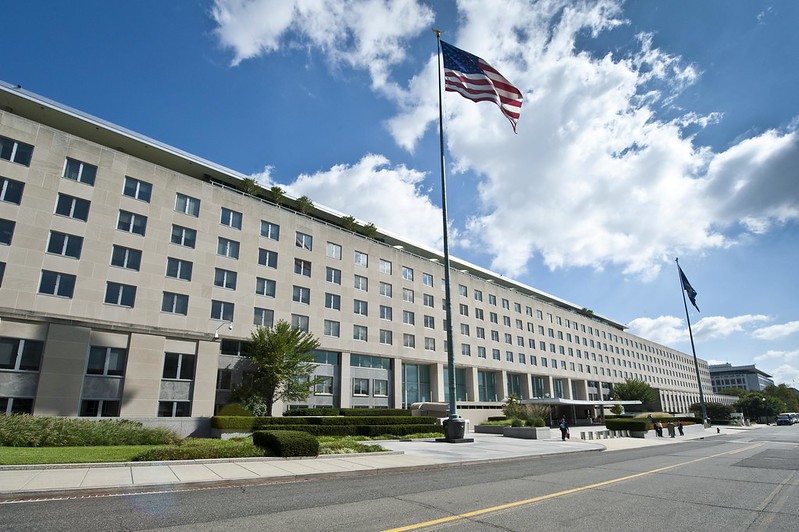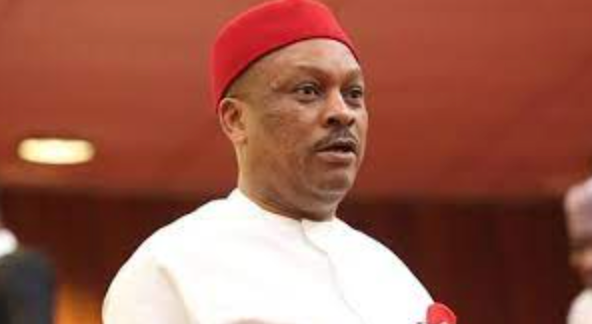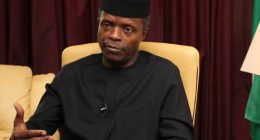
The U.S. State Department has revoked more than 300 student visas and placed hundreds more under scrutiny as part of a sweeping crackdown targeting foreign nationals involved in pro-Palestine activism on American college campuses. U.S. Secretary of State Marco Rubio confirmed the scale of the operation, vowing to continue the effort daily to identify and deport those he labeled lunatics engaged in such protests.
Speaking to reporters during a visit to Guyana in South America, Rubio addressed questions about the visa revocations. Maybe more than 300 at this point, he said. We do it every day, every time I find one of these lunatics. The policy, part of a broader Trump administration initiative, has sparked fierce debate over its implications for free speech, academic freedom, and immigration rights.
One high-profile case underscoring the crackdown is that of Rumeysa Ozturk, a Turkish doctoral student at Tufts University and a Fulbright scholar. Ozturk was detained in broad daylight by masked, plainclothes agents from the Department of Homeland Security (DHS) in Somerville, Massachusetts. Her arrest followed an op-ed she co-authored in the Tufts student newspaper, in which she expressed support for Palestinians in Gaza and called for the university to divest from companies tied to Israel. The DHS justified her visa revocation by alleging she engaged in activities in support of Hamas, a claim her legal team and civil rights advocates have decried as baseless and a direct attack on her constitutional rights.
Addressing Ozturks case specifically, Rubio defended the decision. We revoked her visa … once youve lost your visa, youre no longer legally in the United States, he said. If you come into the U.S. as a visitor and create a ruckus for us, we dont want it. We dont want it in our country. Go back and do it in your country. Ozturk has since been transferred to a detention center in Louisiana, despite a federal judges order to keep her in Massachusetts, prompting further outrage from her supporters.
The visa revocations are part of a broader set of restrictive measures introduced by the Trump administration. Alongside the crackdown on student activists, the U.S. has paused green card processing for certain refugees and asylum seekers and issued a global directive instructing visa officers to deny entry to transgender athletesthough such cases are rare. In a statement to Fox News, the State Department claimed it had revoked the visas of more than 20 individuals, a figure significantly lower than Rubios estimate, adding that hundreds more are under review for posing national security concerns.
Overall, we continue to process hundreds of visa reviews to ensure visitors are not violating terms of their visas and do not pose a threat to the United States and our citizens, the department said. However, critics argue that the policy is a thinly veiled attempt to silence dissent and punish political expression. Legal experts and lawmakers, including Representative Ayanna Pressley (D-Massachusetts), have condemned the administrations actions as unconstitutional. This is a horrifying violation of Rumeysas constitutional rights to due process and free speech, Pressley said in a statement. She must be immediately released.
The crackdown has heightened tensions on U.S. campuses, where pro-Palestine protests have been a flashpoint since the escalation of the Israel-Gaza conflict. Students and faculty fear the policy could chill academic discourse and disproportionately target international students, many of whom rely on visas to pursue their education. As the Trump administration doubles down on its immigration agenda, the clash between national security rhetoric and civil liberties promises to intensify in the weeks ahead.








